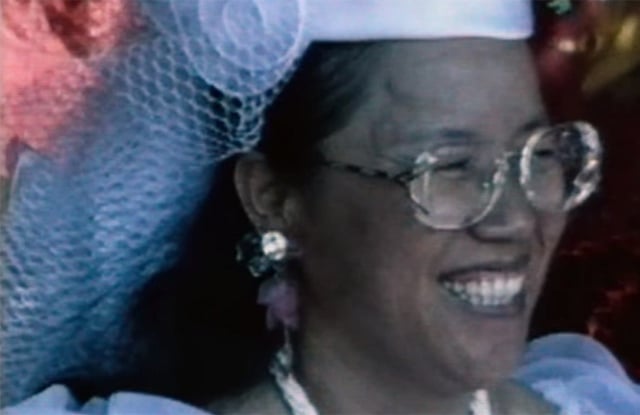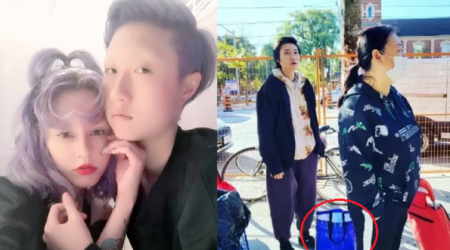Korean Cult The Baby Garden Sues Netflix

Netflix’s In the Name of God: A Holy Betrayal sparked outrage and disbelief since its premiere. Besides exposing cult leader Jung Myeong Seok‘s sexual abuse of his followers, the documentary revealed another religious organization known as The Baby Garden’s involvement in several murders, including the abuse and death of a young boy.
In 1996, The Baby Garden’s founder Kim Ki Soon was found guilty of six charges including tax evasion, embezzlement, and assault. She was sentenced to four years in prison and fined 5.6 billion Korean won. She was later acquitted and released on bail due to lack of evidence, as The Baby Garden allegedly pressured witnesses’ to change their testimonies during the trial.
The Baby Garden Sues Netflix
On behalf of The Baby Garden, Kim Ki Soon filed an application with the Seoul Central District Court for a provisional injunction against Netflix Korea, MBC, In the Name of God: A Holy Betrayal’s producer Cho Sung Hyun. Her injunction seeks to ban the streaming and airing of the fifth and sixth episodes, on grounds that the documentary features false accusations, claiming that she had already been acquitted of all charges.
Kim also formally filed a lawsuit on March 21, demanding that Netflix Korea pay $8,600 US dollars every day that the episodes continue to stream. She also requested that MBC compensate US$230,000 for defamation. The organization withdrew its provisional injunction against Netflix Korea, and is now suing Netflix US headquarters after learning it owns the true broadcasting rights to In the Name of God: A Holy Betrayal.
Netflix is currently excluded from the temporary broadcasting ban injunction, it is still listed as one of the parties in the lawsuit. The first hearing for The Baby Garden’s provisional injunction against MBC and producer Cho Sung Hyun was held on March 24, and judgment is expected to be announced next month.
Cult leader Jung Myung Seok had also applied for a temporary injunction to prevent Netflix’s documentary from being broadcast, but was rejected by the Seoul Western Court earlier this month.
Source: [1]












Leave a Reply